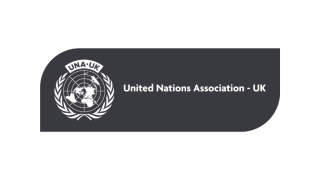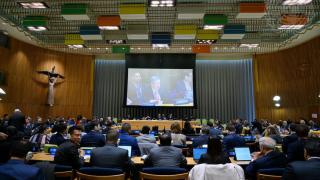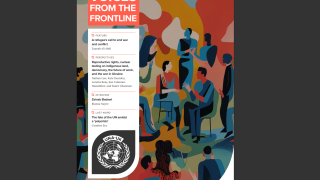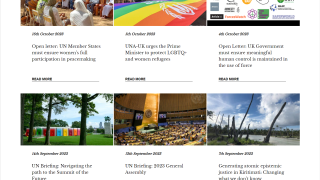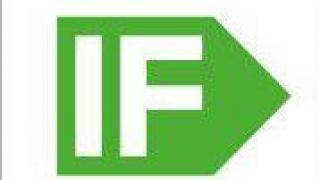
Ahead of the Group of Eight Summit in Northern Ireland on 17-18 June, UNA-UK called on the G8 to take decisive action on tax dodging.
National taxes are a crucial source of predictable funding for countries trying to combat hunger. But across the developing world, multinational corporations employ a number of schemes - many of them legal - to avoid paying taxes in developing countries.
Over 300 UNA-UK members and supporters signed our 'open letter' to G8 leaders, urging them to combat tax avoidance and evasion, and work with developing countries in building their capacity to tackle hunger and raise and deploy taxes effectively.
Specifically, we called for G8 leaders to:
- Ratify the Convention on Mutual Administrative Assistance in Tax Matters, and press tax havens within their jurisdiction as well as developing countries, to do so too
- Develop voluntary guidelines to promote higher standards of transparency and accountability among multinational corporations
- Work with developing countries to support better tax infrastructure and governance, and make this a priority in international development policies
Our members and supporters also joined millions around the world in adding their names to petitions on this issue by the IF Campaign coalition, of which UNA-UK is a member.
G8 tax pledges - a step in the right direction but more work needed
The G8 Communiqué includes a commitment to "establish the automatic exchange of information between tax authorities as the new global standard", and to support the development of a "multilateral model" to help goverments to find and punish tax evaders and tackle tax avoidance through base erosion and profit shifting.
It also promises support for developing countries in terms of access to tax information, and the publication of national action plans on increasing transparency on company ownership and profits.
These pledges are an important step in the right direction and UNA-UK commends the UK Prime Minister for his successful efforts to put tax transparency and tackling hunger and malnutrition on the G8 agenda.
The UK has also made real progress in securing commitments from all its crown dependencies and overseas territories to be bound by the Convention, and in releasing its own action plan to "prevent misuse of companies and legal arrangements".
On "beneficial ownership" too, the UK managed to make headway, with Canada, France, Italy and the US joining it in agreeing to set up registers. This is potentially the most important commitment made, as it targets shell companies which are often linked to aggressive tax dodging and criminal practices.
But much more remains to be done.
While the G8 called on the OECD to draft a template for multinational companies to report on tax to relevant authorities, they did not commit to making the information public. Aid agencies have expressed concern that the world's poorest countries might not benefit from the measures agreed for some time. G8 leaders stated only that these states "should have the information and capacity to collect" taxes. There was no guarantee of automatic access to information, nor a clear timeline with detailed steps.
UNA-UK will keep promoting the three 'asks' outlined in its open letter to the G8 and encourage the UK to continue its leadership in this area. We will also urge the G20 to take action, ahead of the Finance Ministers' meeting next month, and the 2013 Summit in Russia this December.

